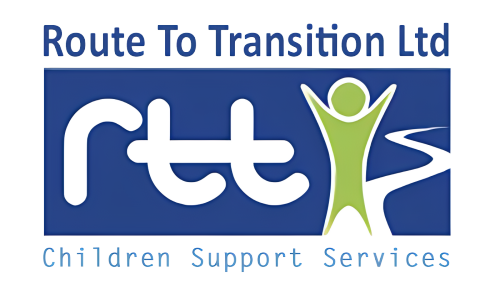Training to build a Better Tomorrow
Support services:
- Independent living skills training;
- Education, training and employment assistance;
- (Re)Establishing social and family networks and peer support;
- Health and counselling information services;
- Other required services (recreational support, psychological counselling, therapeutic intervention, specialist medical, allied health and dental services);
- Aftercare services, where needed
Independent living skills training
RTT helps young people to identify their core skills and work to improve them. They train them to make an independent living. Key areas addressed are food shopping, cooking, housekeeping, laundry, budgeting, tenancy issues, accessing local services and supports, stress management, personal care and safety, relationship building, health, including mental and sexual, parenting skills, and drug and alcohol education. Training may involve a combination of hands-on experience, one-to-one planned activities and group workshops. It is delivered by RTT support workers, and through key partners such as community health services, youth services and local council services.
Education, Training and Employment Assistance
RTT staffs encourage and work with young people to meet their training or employment needs. Staffs assist in identifying their career goals and actively engage them in career planning. We also make links with education, training and employment agencies to secure the services and support needed to help residents overcome barriers to learning and the achievement of set goals. We will also work closely with the local Connexion workers, colleges and training courses to assist this process.
Social Networks
RTT will play an important role in building young people’s social networks, self-esteem and confidence. RTT help residents start and maintain family and friends relationships, including relationships with siblings, grandparents and extended family members, by encouraging ongoing contact and mediating between young people and their families.
Health and counselling services
Young people leaving care with mental health or emotional or behavioural problems are more likely to experience deterioration in physical and mental health. RTT will engage young people in health service planning and decision making so that they are prepared for assuming responsibility for decisions affecting their wellbeing and learn how to contact required services. Support Workers will also establish links and work collaboratively with mental health clinicians, health professionals and health services to improve young people’s access to these services.
Aftercare
Routes To Transition recognise that a smooth transition from dependence to self-support is a continuing process that for many will not end at age 18. The skills young people developed have to be practised without the guidance of support staff. There is a risk of the pressure and isolation of living alone resulting in depression, or a vulnerability to exploitation by friends or family. RTT will work with the local Leaving care team to ensure that this process is managed appropriately.

